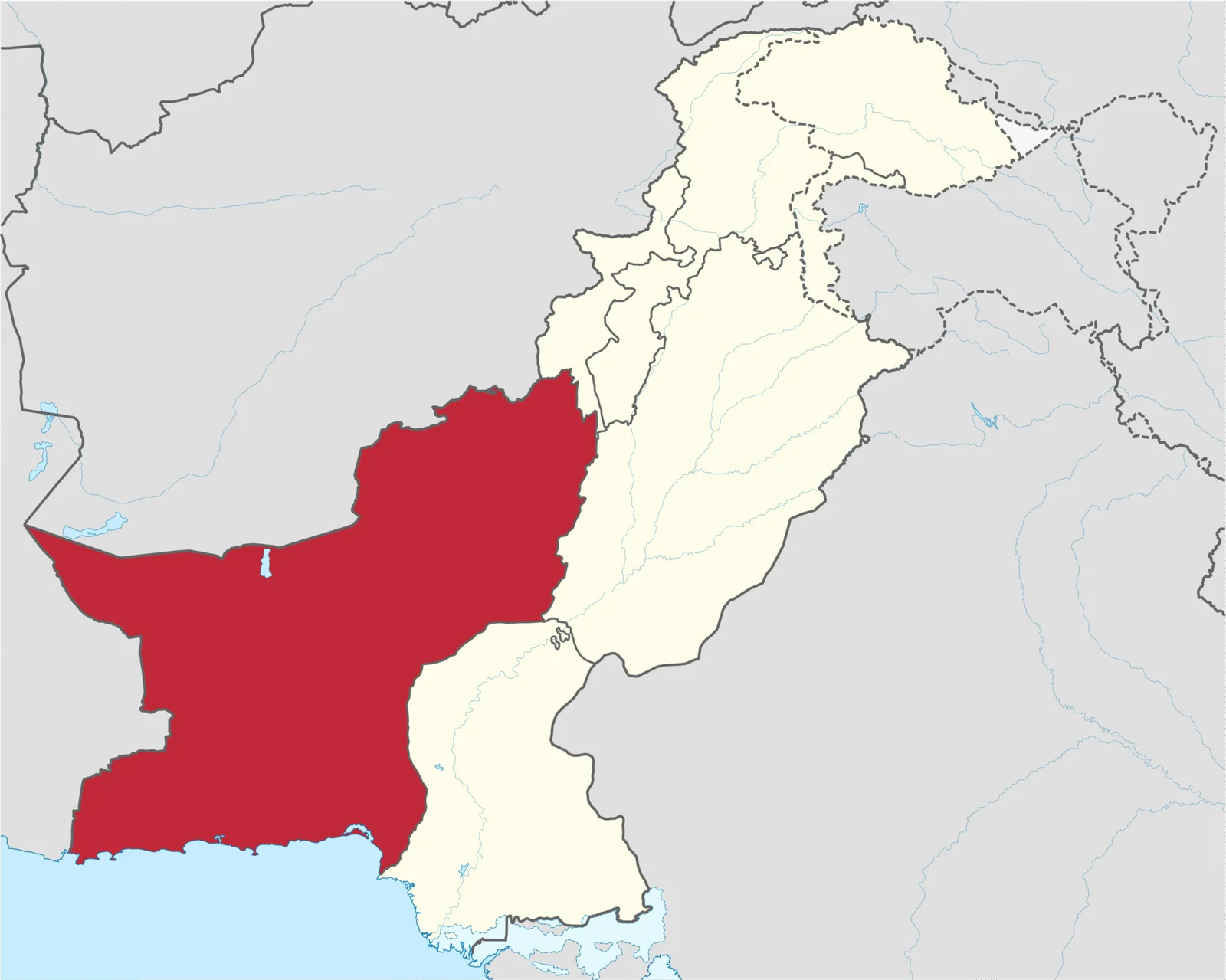Editorial
While the ongoing conflict in Gaza was expected to cause regional tensions, the dramatic escalation in the Red Sea has caught many off guard. Yemen’s Houthi rebels, already grappling with the aftermath of years of war, have taken an unexpected stance. In a display of solidarity with Palestinians, they’ve initiated attacks on ships navigating the Red Sea, a vital artery for global trade.
This has set off a chain reaction with profound implications. Since November, shipping insurance costs have surged. Insurance companies are on high alert, driving the cost to exorbitant levels, at times matching the value of the cargo itself. This economic strain reverberates across the global market, potentially inflating the prices of everyday commodities.
The international community has attempted to curb these attacks, but their efforts have proven ineffective. The situation has worsened with the Houthis deploying a new weapon – seafaring drones. These drones target the most vulnerable part of a ship, the point where it meets the water, causing significant damage. This escalation, evidenced by two recent sinkings, raises the stakes considerably for the global economy.
Pl, watch the video and subscribe to the channel of republicpolicy.com
The crisis in the Red Sea is not an isolated event. It coincides with escalating tensions on the Lebanese border. Here, Iran-backed militias are emboldened by Israel’s actions in Gaza. This raises the alarming prospect of a broader war, further destabilizing the region and exacerbating the Red Sea crisis.
The key to halting this escalation rests with the United States. As a staunch supporter of Israel, the US wields significant influence over the situation in Gaza. By exerting pressure on Israel to initiate a ceasefire, they could potentially alleviate the tensions that are fueling the Red Sea crisis.
However, there’s little evidence to suggest the US is pursuing this path. In fact, reports suggest they might be greenlighting the opening of a new front in Lebanon. If true, this would not only solidify the US’s complicity in the Gaza conflict but also make them a driving force behind another brutal war.
Such a development would dramatically increase the volatility of the Middle East. The Red Sea crisis, already a major concern, could become a mere symptom of a much larger problem.
















